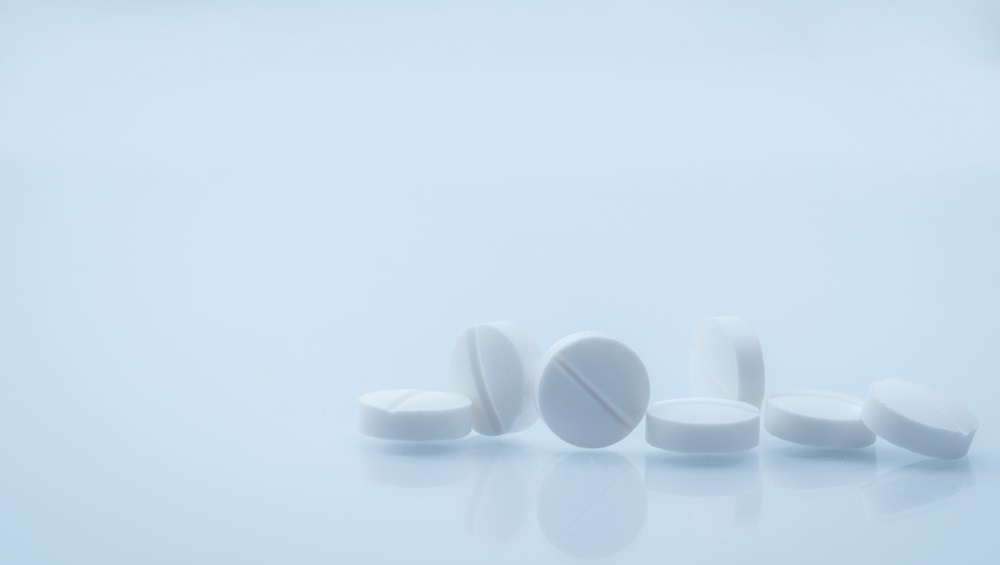
However, the agency is now working to find out whether metformin medications on the US market are contaminated with the substance and, if so, whether the level exceeds the acceptable daily limit of 96 nanograms.
The announcement follows the massive recall of angiotensin II receptor blockers (ARBs) and ranitidine drugs earlier this year after these medications were found to contain worrying levels of NDMA.
About metformin
Metformin is a widely used diabetes medication that helps regulate blood sugar levels; it reduces glucose production in the liver and increases sensitivity to insulin so that the body uses the hormone more effectively. According to the Centers for Disease and Control Prevention (CDC), more than 30 million people have diabetes In the United States, mostly type 2 diabetes, and metformin is the fourth most commonly prescribed drug.The FDA says that, currently, there are no alternatives to metformin that work in exactly the same way, so health officials are advising continuing with metformin until more information is available.
"It could be dangerous for patients with this serious condition to stop taking their metformin without first talking to their health care professional. The FDA recommends prescribers continue to use metformin when clinically appropriate, as the FDA investigation is still ongoing," wrote the FDA in a statement last week. "If as part of our investigation, metformin drugs are recalled, the FDA will provide timely updates to patients and health care professionals."
Overexposure can eventually increase cancer risk
NDMA may find its way into medications during manufacturing, storage, or packing processes. At low levels, the chemical is not dangerous, but if at least 96 nanograms are ingested on a daily basis, it becomes a health concern because it can eventually increase the risk for cancer. A high level of exposure can also cause jaundice, vomiting, fever, and dizzinessNDMA in high amounts and with long-term exposure is thought to be carcinogenic, and some animal studies have shown possible liver toxicity, but with high dose exposure and over longer periods of time."If the FDA were to find that metformin medications in the US market were contaminated with unacceptable levels of NDMA, the organization would advise manufacturers to issue a recall.
Marilyn Tan, Chief of the Stanford Endocrine Clinic, California
"There's no need to panic"
"There's no need to panic," says Guy Mintz, from Northwell Health's Sandra Atlas Bass Heart Hospital. "The FDA has learned a lot from the contamination of the ARB blood pressure medication family and has refined their research and monitoring techniques to screen for NDMA levels."He adds that the FDA will be vigilant and will monitor the situation closely throughout the investigation.
What is the situation in the UK?
In the UK, the Medicines and Healthcare products Regulatory Agency (MHRA) is working with other drug regulatory bodies around the world following the reports that the potentially carcinogenic contaminant has been found in metformin medications.In a statement, the agency said it is "aware that outside the UK very low amounts of an impurity, N-nitrosodimethylamine (NDMA), have been found in some metformin diabetes medicines."
"The levels of NDMA seen in the affected non-UK metformin medicines are very low and appear to be within or even below the range that people would normally be exposed from other sources, including food and water," the agency adds.
Patients are being advised to continuing taking their prescribed medication since the health risks of stopping treatment for diabetes treatment outweigh the risks that contamination may pose.
Doctors, nurses, pharmacists, nurses, pharmacists, and specialists in diabetes, can expect questions from patients after the MHRA recommended that concerned patients talk to a healthcare professional.






No comments
Post a Comment